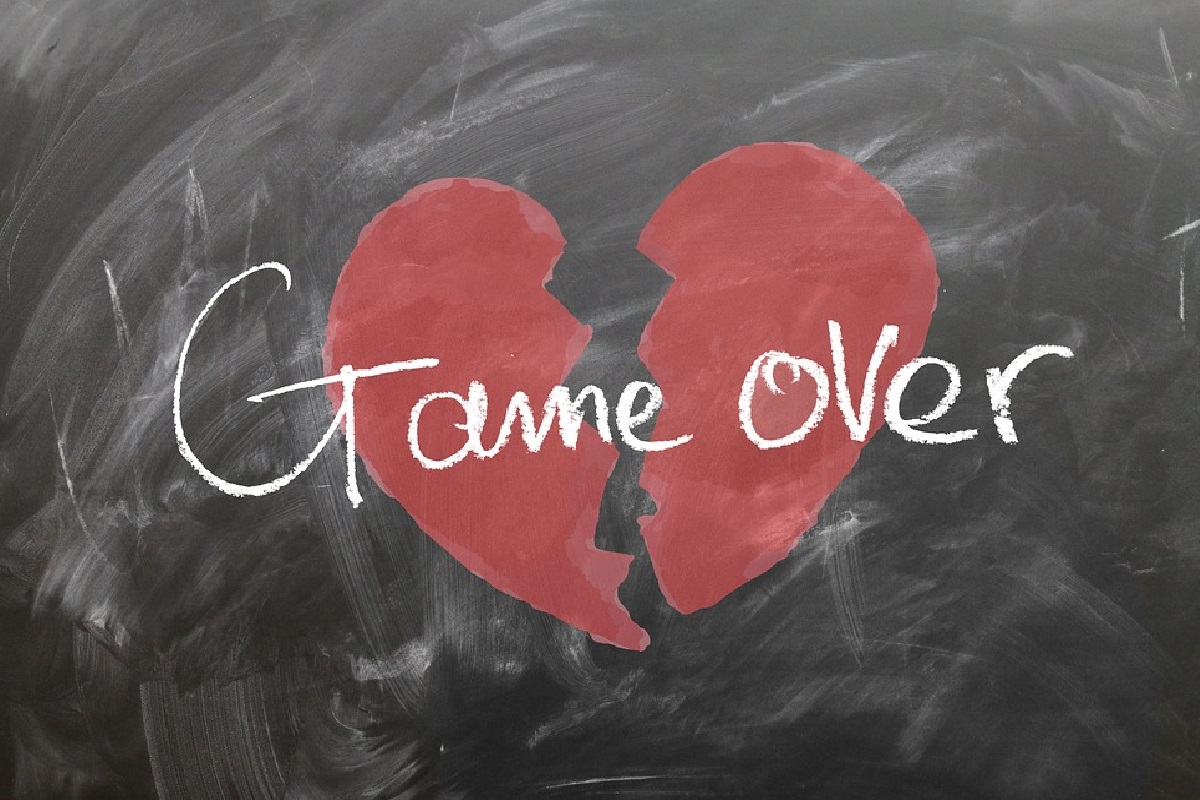
Yes, it is possible for a person to die from a broken heart, although it is rare. The condition is called 'broken heart syndrome,' or stress-induced cardiomyopathy, and occurs when a person experiences intense emotional or physical stress, such as the loss of a loved one. This can cause the heart muscle to become temporarily enlarged and weakened, leading to symptoms such as chest pain and shortness of breath. In severe cases, it can lead to heart failure and death. It is important to note that broken heart syndrome is different from a heart attack which is caused by blocked blood flow to the heart.
Sure. Broken heart syndrome, also known as stress-induced cardiomyopathy or takotsubo cardiomyopathy, is a condition in which intense emotional or physical stress can cause the heart muscle to temporarily become enlarged and weakened. This results in symptoms similar to those of a heart attack, such as chest pain and shortness of breath, but it is caused by a different mechanism.
During a heart attack, the blood flow to a part of the heart is blocked, typically by a build-up of plaque in the coronary arteries. This can cause damage to the heart muscle. In contrast, broken heart syndrome is characterized by a sudden and temporary change in the shape of the heart muscle, often in the form of a 'stunned' or 'broken' heart. This change in shape can cause the heart to pump less effectively and lead to a build-up of fluid in the lungs and other organs, which can cause breathing difficulties.
The exact cause of broken heart syndrome is not well understood, but it is believed to be related to a surge of stress hormones, such as adrenaline and cortisol, that can cause changes in the heart muscle. The condition is most often seen in women and is often triggered by a stressful event such as the loss of a loved one, a severe illness, or even a natural disaster.
It is important to note that broken heart syndrome is a relatively rare condition, and most people who experience intense emotional or physical stress do not develop the condition. However, if you suspect you or a loved one is experiencing broken heart syndrome, it is important to seek medical attention immediately as the condition can be life-threatening if left untreated.
Treatment for broken heart syndrome typically involves stabilizing the patient's heart function and managing symptoms, such as chest pain and shortness of breath. Medications such as beta-blockers, ACE inhibitors, and diuretics may be used to help the heart function more normally. In most cases, the heart muscle returns to its normal shape and function within a few weeks, and most people make a full recovery.


